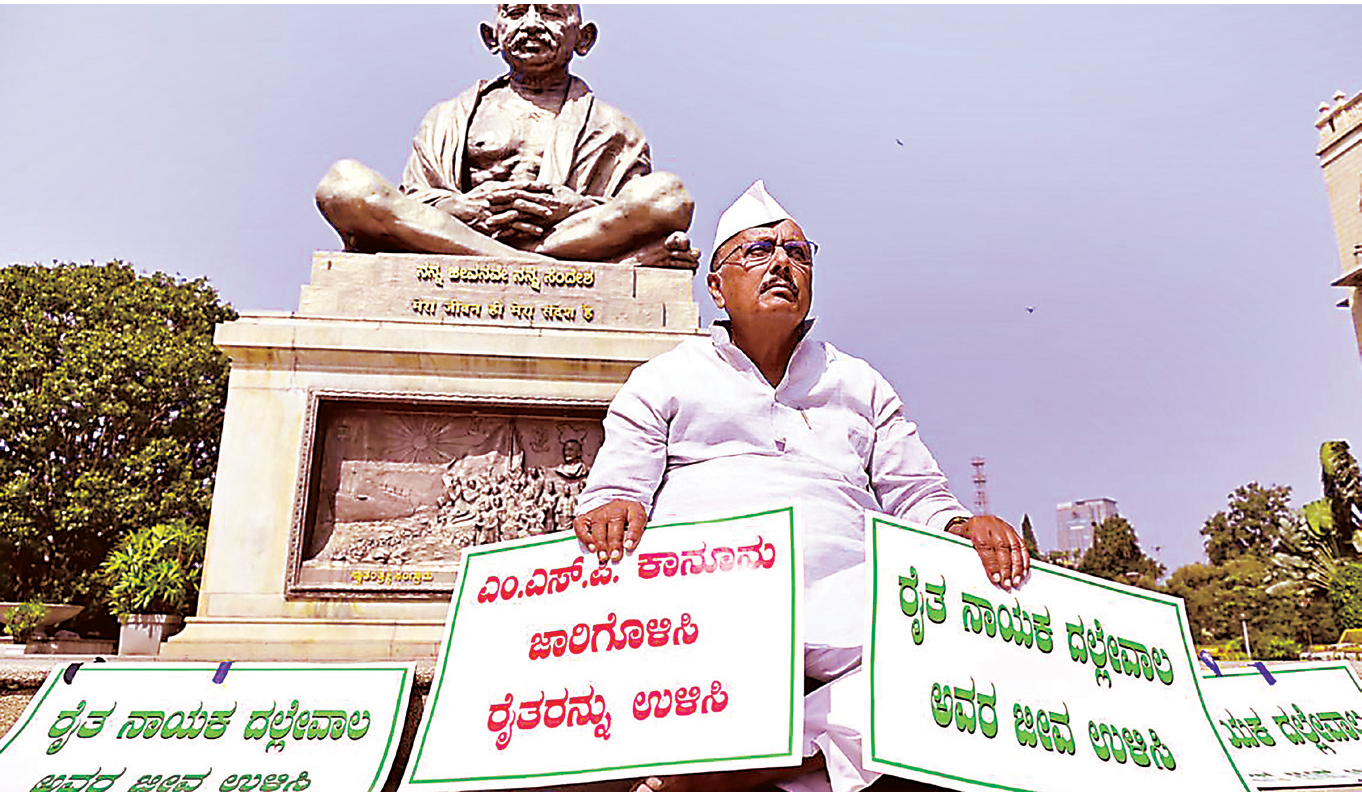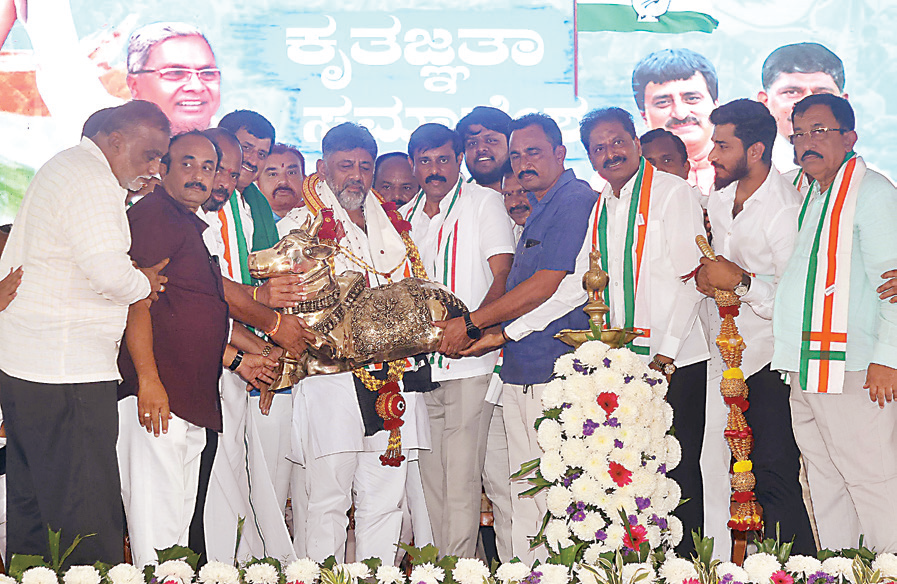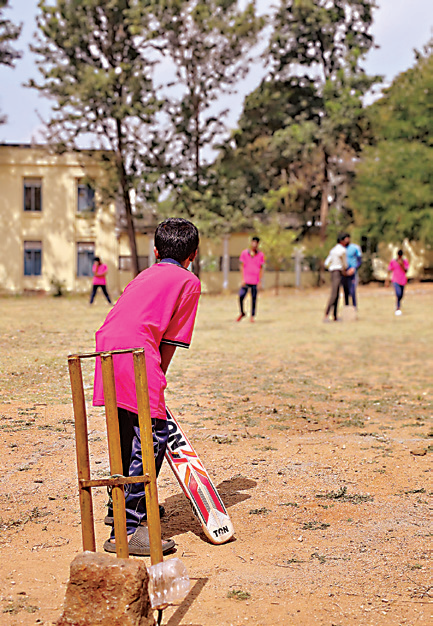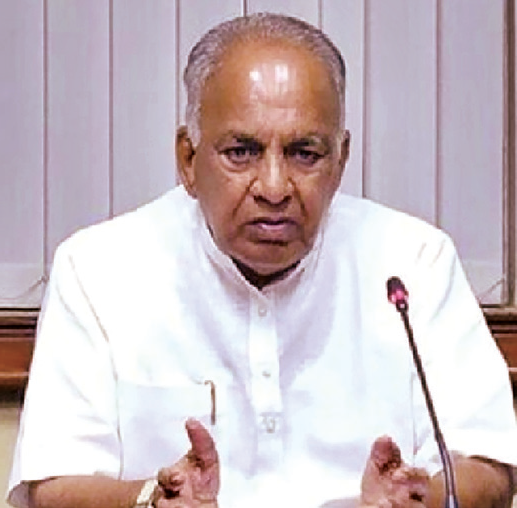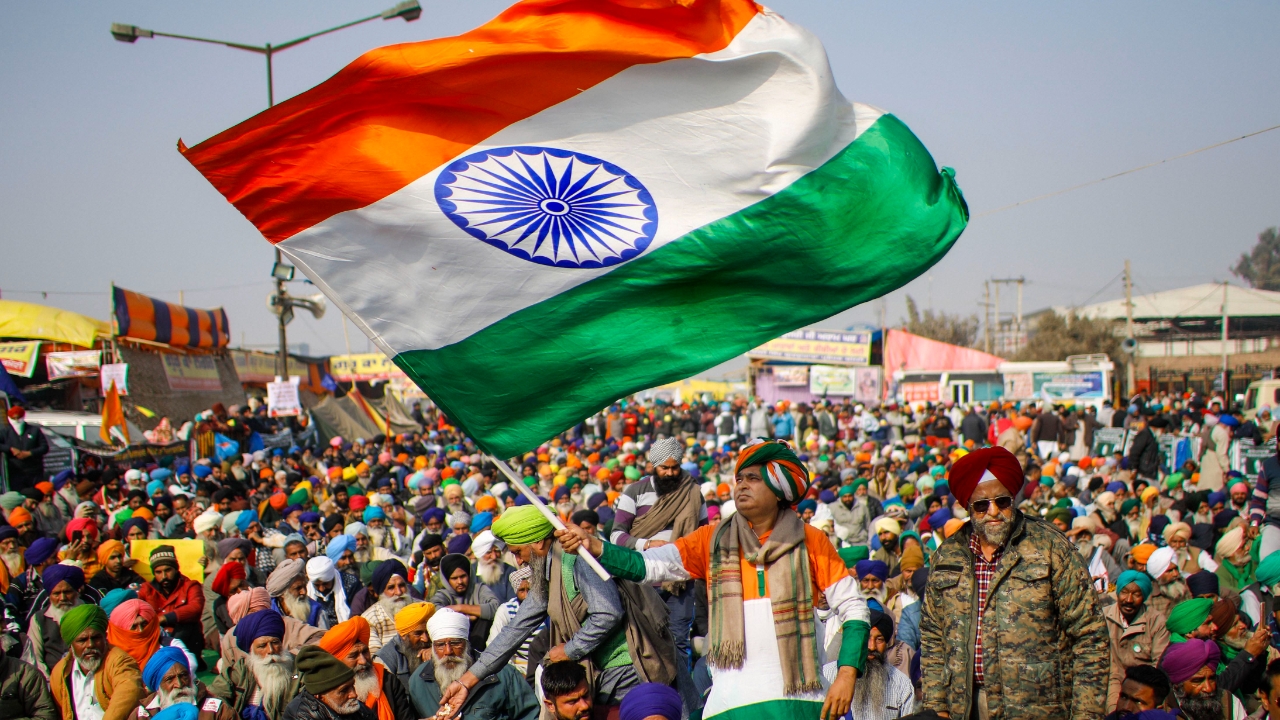
Farmer protests have political effect: Prakash Karat
NT Correspondent
Prakash Karat, a former general secretary of the CPI-M, called the farmers’ protest of 2020-21 as the most sustained and united struggle of the peasantry in India since Independence. Karat, during his public lecture organised by the Foundation for Agrarian Studies (FAS), Bengaluru, pointed out that the protests against the three farm laws began in Punjab, Haryana and Western Uttar Pradesh, areas that are agriculturally developed and where farmers have historically received state support.
“The Acts elicited a huge response from farmers, particularly those directly affected by the APMC Amendment Act. These laws were also challenged by those who feared that this was the first step towards the abolition of minimum support prices (MSP), which farmers in many parts of India see as the last line of protection from income collapse,” said Prakash Karat.
He also clarified that the depth of the agrarian crisis for the last few decades had already led to localised struggles, and there were efforts to form a movement at the national level even before the historic protests began in November 2020. This momentum, along with the joining together of different sections of farmers from Punjab, Haryana, and UP, was reflected in the unprecedented and sustained struggle at the borders of Delhi.
“The movement gained solidarity across other parts of the country as well, although its impact was uneven. These struggles were able to break the barriers of region, caste and religion. With the trade unions joining forces, the movement gained further strength. The Left played an instrumental role in sustaining the farmers’ protest and forging a unity of the working class and Kisan movement. There was a significant participation of women from the Kisan families, and it was the first time that they were recognised as farmers. The continuous efforts by the ruling dispensation to break the unity of the farmers were courageously faced, and defeated by the movement” Prakash Karat added.
Prakash Karat then touched upon the major political implications of the movement. The movement was successful in building a united struggle against neoliberalism, and growing corporate control of the Indian economy. “Many political parties that were either supporters of growing privatisation of the economy, or fence-sitters, were forced to change their stance in response to the growing strength of the movement. The movement also led to the isolation of the BJP, particularly in Punjab, and in parts of UP.
 English daily published in Bengaluru & Doha
English daily published in Bengaluru & Doha

